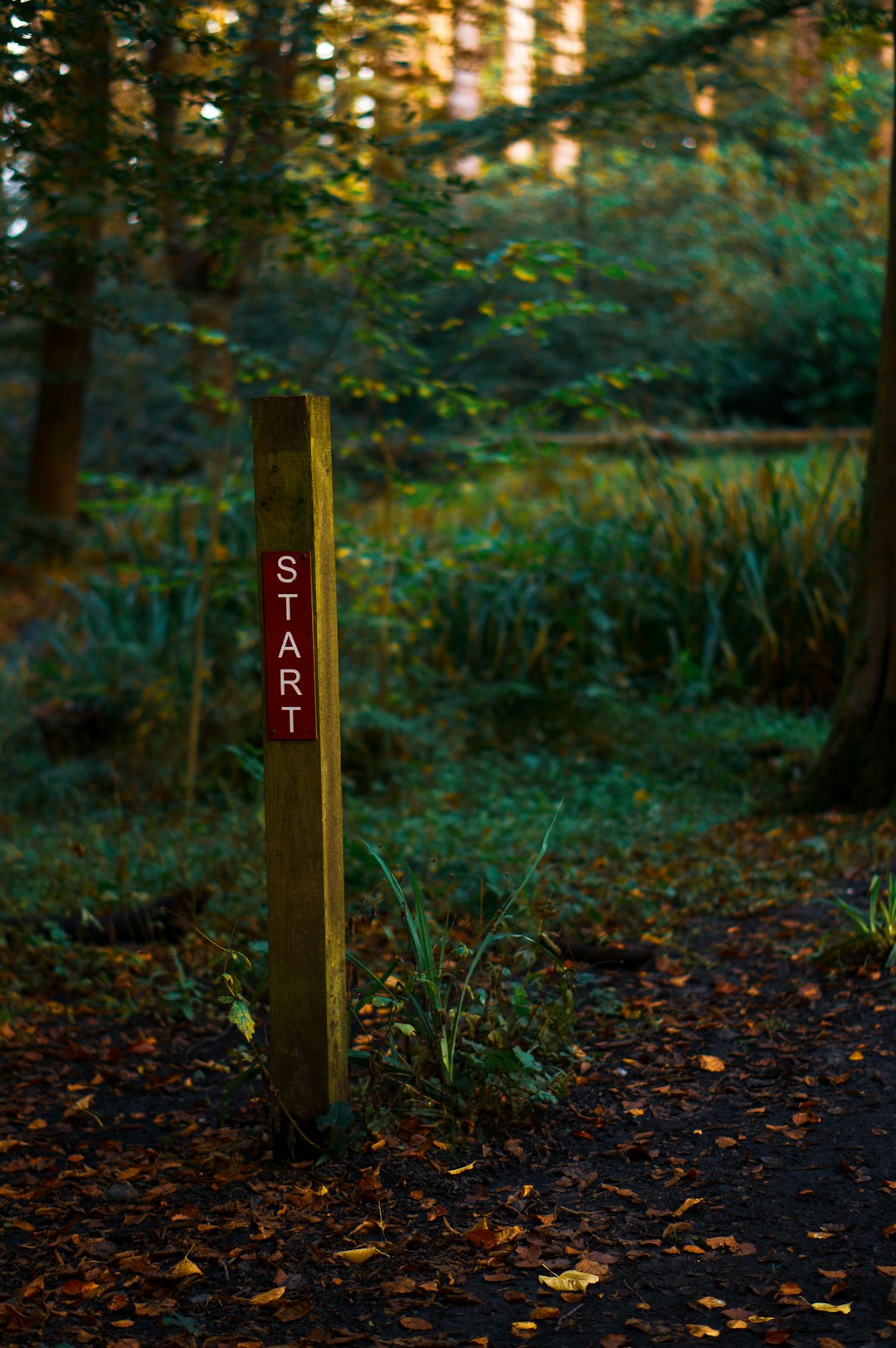Happy Lunar New Year and welcome to the year of the Water Rabbit. One of the things I appreciate about my mixed cultural background is that I end up celebrating the New Year multiple times. In the past few months I’ve celebrated Diwali, December Solstice, New Year’s Day, and now Lunar New Year. Still to come is the Equinox in March. While it might seem indulgent, these occasions also remind me that new beginnings are happening all the time, and that we can always start over. This is one of the central ideas of Eastern spirituality too—impermanence—that everything, including us, is always changing. Why not embrace that fluidity, and begin again, right here, right now?
Today I’d like to start with the legend of the Chinese zodiac. One day, the Jade Emperor (or in some versions the Buddha) realized that he needed a new way of telling the time in his kingdom. In order to create a new calendar, he decided to host a Great Race, and invited all the animals in the kingdom to come and participate. At the end of the Race was a river that had to be crossed to get to the finish line. The first twelve animals to cross the river would be awarded a place in the zodiac, and therefore gain everlasting fame and appreciation.
Each animal in the legend has their own experience with the Great Race, encountering specific obstacles and demonstrating unique skills and gifts to overcome them. One version goes that Rabbit arrives early, but seeing no one else around he decides to take a nap (in some versions it’s Pig who does this, but here Rabbit parallels the behavior of the hare from Aesop’s fable). This quite predictably results in Rabbit being overtaken, but at the river crossing he makes up for lost time by cleverly hopping across stones and logs to make fourth place, behind Tiger.
I have a soft spot in my heart for the legend, because it was taught to me by my Chinese teacher as a child, and was one of the ways I learned the words for all the animals. I also find that as with all old stories, there are bits of wisdom hidden in there, even in the simplified children’s versions.
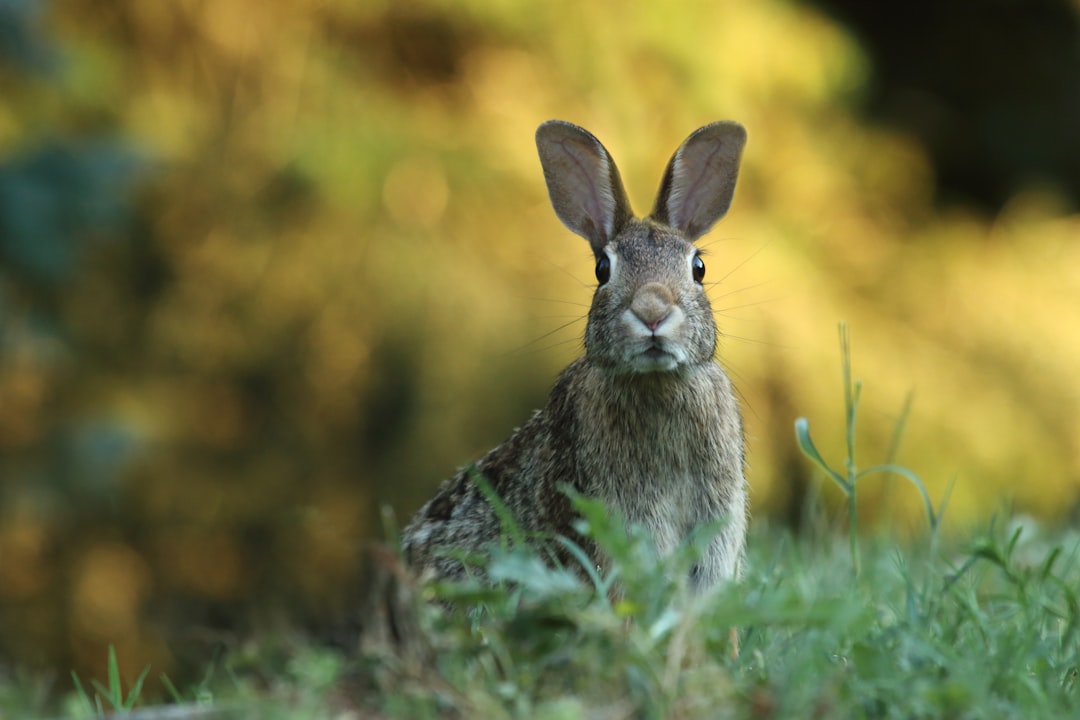
What are rabbits like in nature? A little shy, timid maybe, gentle creatures, but capable of travelling surprisingly far and fast when they jump. Coiled power, quick and ready, resides in their legs. Their fur is incredibly soft to touch, and they have a kind of graceful, quiet beauty. Being so small, they are constantly listening to what’s around them, tracking the world with their big ears.
They also spend a lot of time nibbling and chewing—their teeth are pretty sharp and can do some damage if you’re unlucky enough to get bitten. Rabbits may be preyed upon by all manner of larger and more ferocious animals, but they’re still around, and they can still make 4th place in a mythical race against the others!
In this time when we humans are faced with great challenges, uncertainty and clashes between bigger powers all around us—is there a quality of Rabbit that might be helpful? I’m drawn to being nimble and decisive, attentive and gentle.
Another angle came to me from within the story. Rabbit, like many of us, is eager to start, but doesn’t quite seem to know what’s going on, how to act, or what’s important. Instead of having a clear goal and guiding himself towards it with focus and determination, he makes a snap judgment based on other people’s behavior—their absence, in this case. Then he ends up falling asleep (slipping into unconsciousness), only to wake and discover things have carried on without him. Finally he has to play catch-up, and discover some hidden talents and supports (jumping off stones and logs) to make it to the other side.
Does this feel like life, sometimes? Maybe this is already happening to you, with a New Year’s resolution, or some other goal you’ve set yourself, or any facet of your life…
You began something without really knowing why, or whether it was something you truly chose for yourself
Maybe it started out well, but somewhere along the way you fell asleep at the wheel: subconsciously you’re fighting yourself, or sabotaging yourself, or just unable to commit.
You might feel like you’re in total unconsciousness, sleepwalking through life, disconnected, without participating, just letting things happen around you.
Or maybe you’ve just woken up and realised you don’t recognise where you are or what you’re doing.
Perhaps you’re scrambling to catch up with yourself, or with others around you, seeking some secret power that will get you where you want to go.
All of this is familiar to me, as I’m sure it is to you in different ways. These experiences are part of being human.
So how do we make this better? What do we do with this somewhat haphazard, slightly overwhelming mess of circumstances? To me, this calls for the skill of orienting, an instinct all humans share and one that we probably used a lot more in our past when we were hunter-gatherers, nomads and/or travellers. To orient is to:
direct (something) toward the interests of a particular group
a. set right by adjusting to facts or principles
b. acquaint with the existing situation or environment
a. set or arrange in any determinate position especially in relation to the points of the compass
b. ascertain the bearings of
c. cause to face or point toward the east, the direction of the rising sun
cause the axes of the molecules of (a fiber or material) to assume the same direction
(archaic) radiant, glowing; rising in the sky; sparkling, as the luster of a pearl
I’ve highlighted in bold some of the relevant words above to indicate the activities that comprise the work of orienting. Which do you feel you need most right now? Do you need to figure out where you are, or re-direct your attention towards your goal? Do you need to integrate yourself and commit more fully to a particular direction? Or do you need inspiration from the light, to know what to orient towards or around?
The task of a guide, or a navigator—which is what we all are to ourselves, in our own lives—is to know which direction to go in at the start of a journey, and when and how to stop and re-orient in the midst of a journey. This is also what a good friend, partner, mentor or coach can help us do.
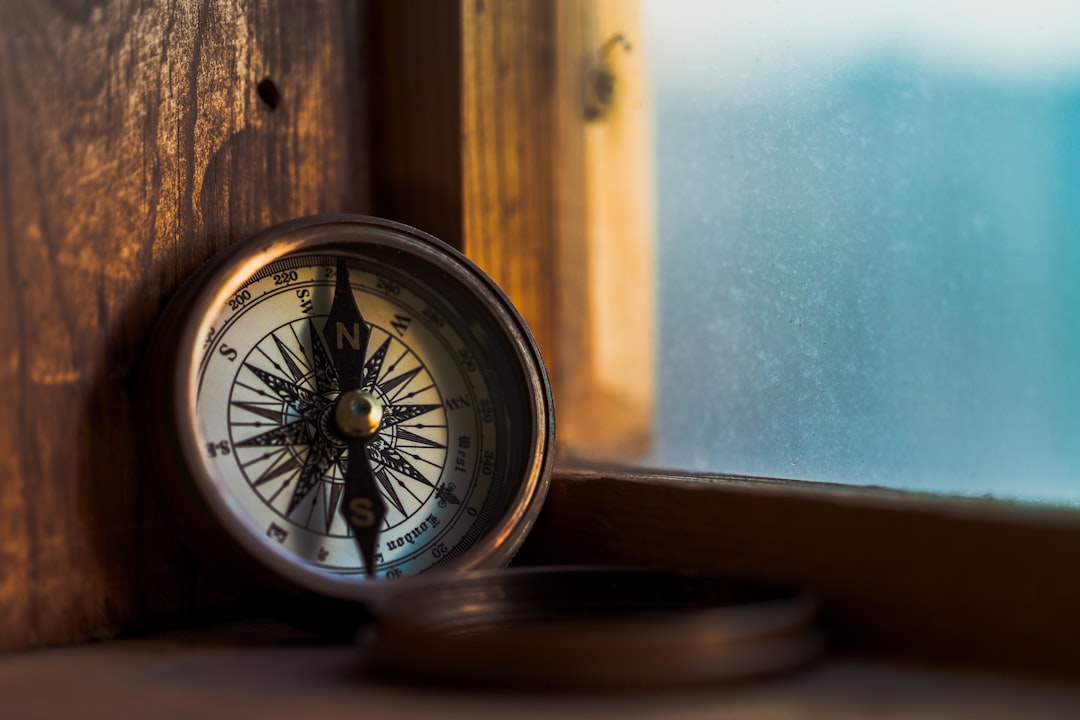
You might have noticed references to light, radiance, and the sun in the definition of the word orient:
cause to face or point toward the east, the direction of the rising sun
(archaic) radiant, glowing; rising in the sky; sparkling, as the luster of a pearl
Light relates to orienting because we need light to see by—without it we are blind, in the dark, like Rabbit when he fell asleep. The sun not only provides light and life but also direction, because we know it rises in the east and sets in the west. Incidentally, this is why the Eastern parts of the world were once called the Orient, because they were closer to the rising sun (from the perspective of the West). Along with the stars, the sun has been the primary orienting tool of humans for millenia. The deeper meaning is that we orient in relation to what is bright in us, or in the world: the things that inspire us, light us up, give us hope and courage, remind us of what’s possible. We are guided in the right direction when we orient around the light.
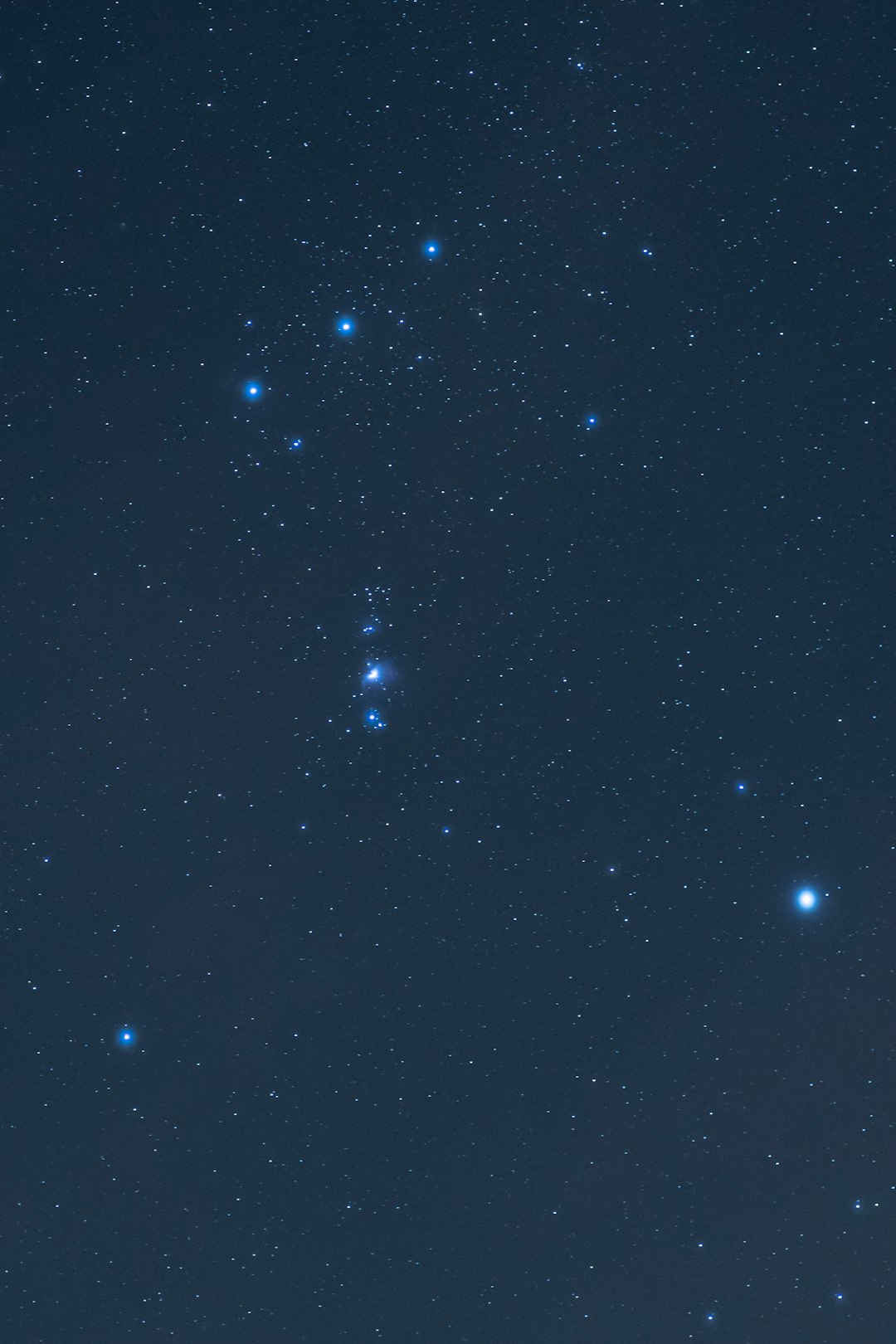
Orienting is a bit of a lost skill now, though it is especially needed in the hyper-complex landscapes of modernity. Many of us rely on external sources to guide and orient us, from navigation apps to other people’s advice. These are valid tools and landmarks for travelling through outer landscapes. But life is both an inner and an outer experience—it is the dance between the two. We need internal sources of guidance to complement and support external ones, to feel balanced and in touch with all the possibilities as we live. Inner guidance may be harder to access, but it also tends to be more reliable in the long run because it’s unique to you, as an individual. It’s the only thing that can tell you what you want and need, what you can give or say or do in a given moment or situation. This reminds me of the quote from Carl Jung:
If the path before you is clear, you’re probably on someone else’s.
In my next post, I will explore in-depth one of the most powerful forces we can use to orient ourselves in life—a hidden superpower, if you will. But before then, I want to give you a flavour of what orienting feels like, and how you can activate this instinct in yourself. Here are some ways you can explore:
Go somewhere new
Explore a new neighbourhood, an unfamiliar area, or even a new country. Notice what happens in you when you move from known to unknown territory: which parts of your mind come alive? What kinds of feelings emerge—curiosity, wonder, anxiety, nerves? How does your attention travel and wander? What connections do you make? What kinds of landmarks do you instinctively pick out? Does the process feel energizing to you, or draining? Play with the duality of (being) Lost/Found.
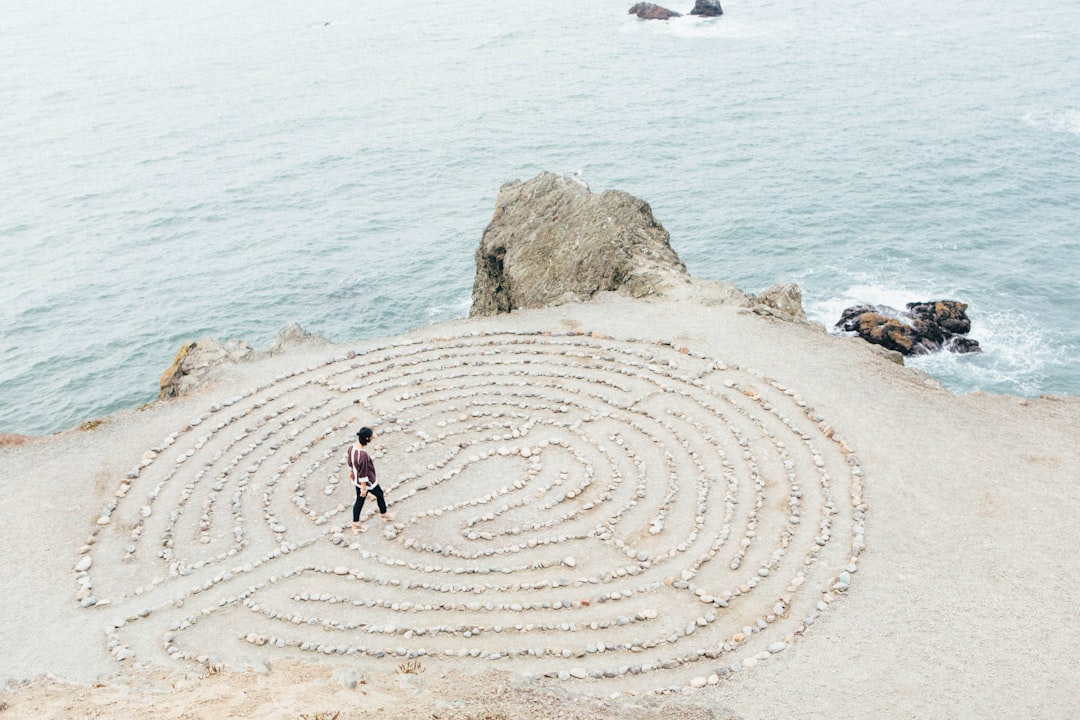
Give yourself, or someone else, directions
Ditch the app, and verbalize or describe the path from one place to another. What will you see? How will you know where you are? What is the landscape like? Activate all your senses, because orienting is a sensory experience. What are the sounds? What can you smell? How will you know you’ve arrived? You can also do this as a mental exercise, imagining walking through a place you know very well.
Look up at the sky
As I mentioned, the stars were the primary navigating tool of humans for millennia. It’s in our nature as a species to try to make sense and patterns out of chaos. If you are fortunate enough to live somewhere that stars are visible at night, go outside and look at them. Imagine following them, using them to guide yourself: where would they lead you? Which ones would you follow? Set yourself free to imagine travelling through all of space…
If there are a lot of stars where you are, enjoy the experience of taking in the whole night sky, and then discerning specific shapes and patterns out of it. This is your awareness moving between the duality of Part/Whole. You can also do this with clouds during the daytime—there is an added element of speed because clouds tend to shape-shift and move faster than stars. In this case the Whole is the background of blue sky, and the Parts are the clouds.
Reflect on your values
What are the qualities you cherish most? Where do you find them? Who or what embodies them? What do you want to cultivate in your life, in your heart? Orienting around values is one of the most potent ways to live. This is often called following your inner compass, or finding your true north. Metaphors abound, but the general idea is the same. More on this in the next post—subscribe if you haven’t already:
If this is an idea you want to explore more deeply, two books I’d recommend are Andrew Harvey’s The Hope and Charles Eisenstein’s The More Beautiful World Our Hearts Know Is Possible.
Remember other kinds of landscapes
We live not only in a physical world but also in a digital and information landscape. What you read, watch and consume through your mind is already orienting you in particular ways, whether you are aware of it or not. So become aware, and choose your direction.
One of my teachers used to say that wisdom is knowing what to take up and what to give up. It can be as simple as that, if you let it.
You can also orient yourself to the unseen world—that layer of reality that operates in secret, between and around and inside all the visible forms of matter. Open yourself to mystery, the realm of spirit, the presence of your ancestors, the world of dreams and visions. There is guidance there to be followed.
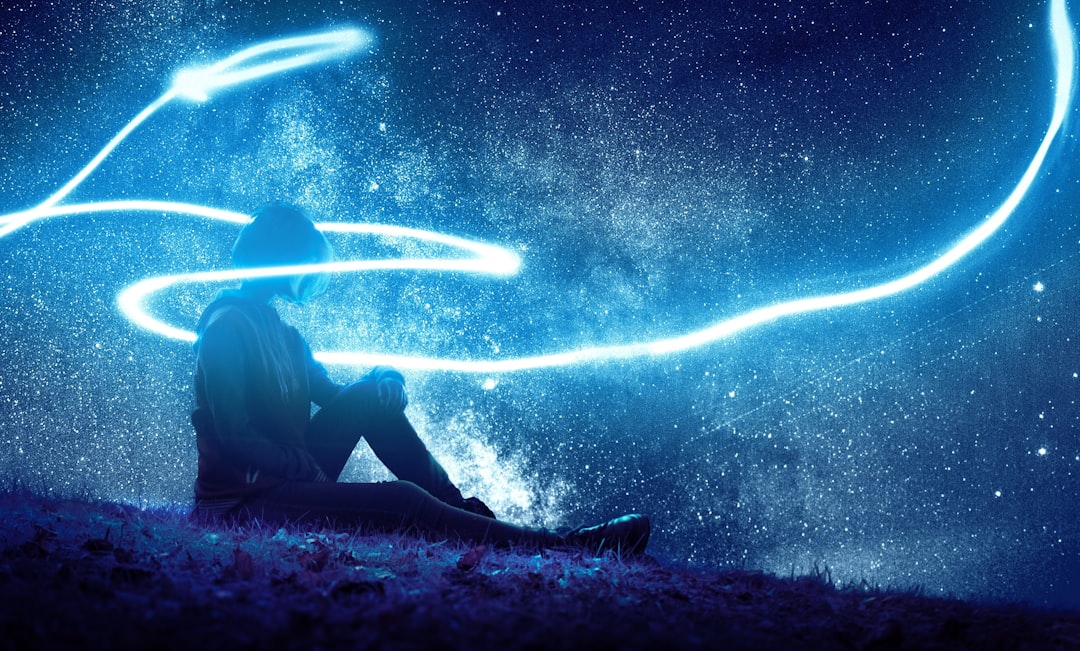
I’ll leave you with a verse from the Radiance Sutras, as encouragement and inspiration:
Wherever your heart journeys,
On whatever expedition
In your outer life and
Secret inner realms,
Breathe in intimacy with infinity.
Where can you go to avoid
The One in Whom All Exists?
Reach down into your deepest being.
Take a stand in eternity.
Walk through this world, see every situation
As an expansion of the mystery.
Savor the tremble of recognition—
The God in you is touching the God out there.
—Radiance Sutras 93Thank you for reading. As always, feel free to comment and share any thoughts that arose. What are you orienting around right now?
If you enjoyed this post, please share it with friends, and subscribe to receive more like it directly in your inbox.
And if you’d like to support my work, please consider giving me an ang bao 🧧 (‘little red packet’, customary at this time of year) by upgrading to a paid subscription.



